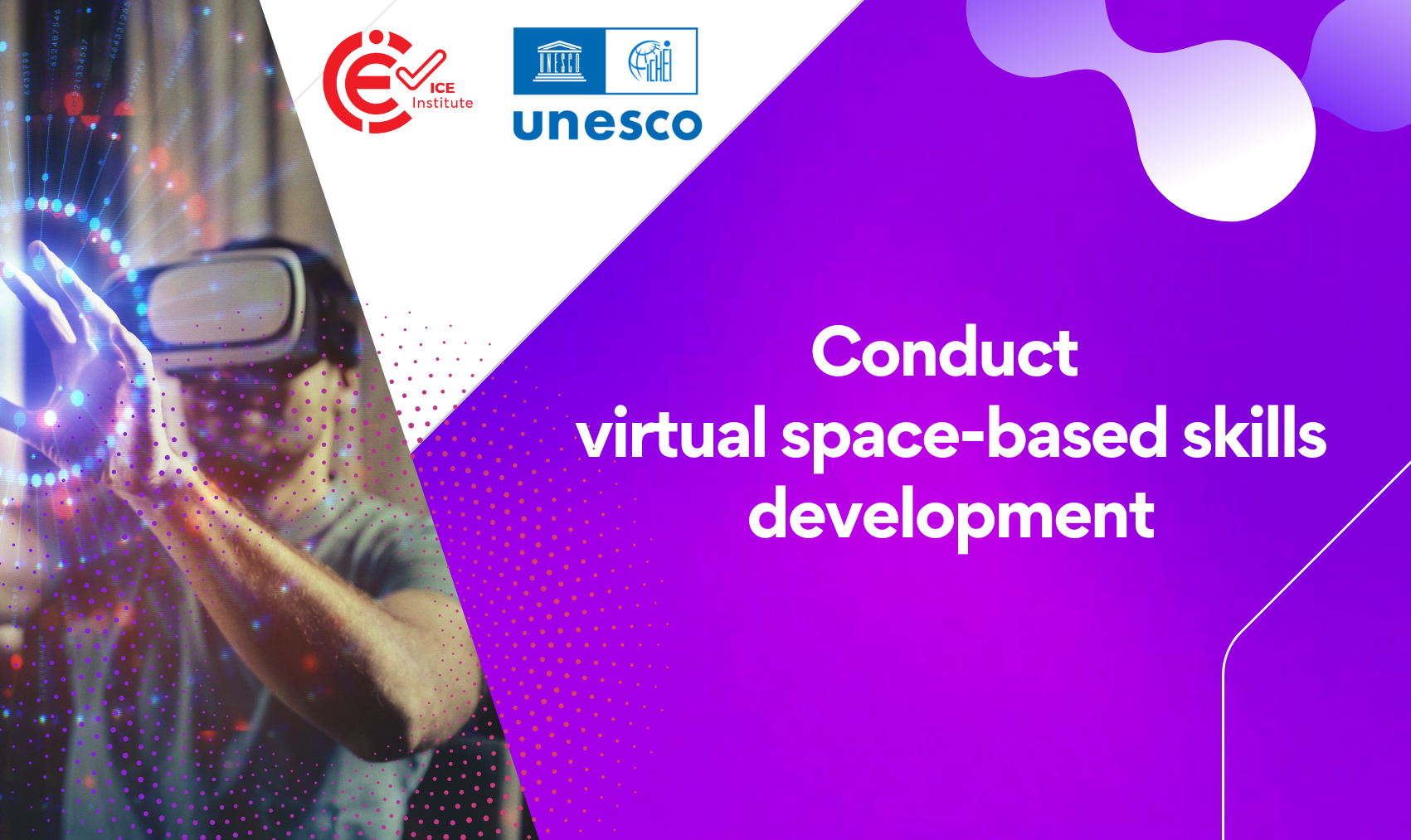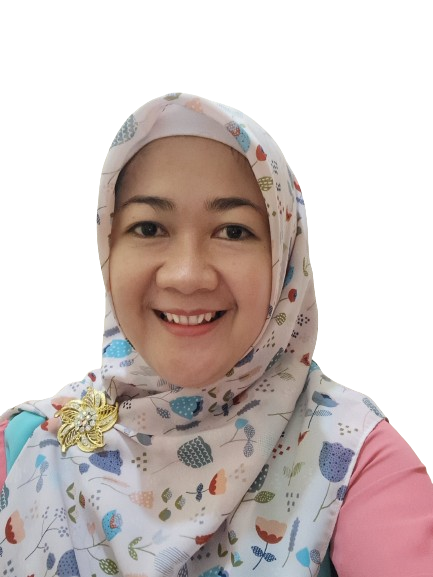About This Course
In today's digital age, skill acquisition and enhancement have evolved using virtual space-based learning environments. This comprehensive course offers a deep dive into the world of virtual learning, from defining the concept to exploring its advantages, challenges, and future trends. Whether you're an educator, a learner, or a professional seeking to upskill, this course will equip you with the knowledge and tools to navigate and thrive in virtual skill development environments.
Learning Outcomes
By the end of this course, participants will be able to:
1. Define virtual space-based skills development and recognize its key characteristics, including accessibility, interactivity, and adaptability.
2. Differentiate between various types of virtual space-based learning environments, such as webinars, virtual classrooms, 3D simulations, and augmented reality (AR), and assess their suitability for different skill development purposes.
3. Apply best practices and strategies for facilitating virtual learning environments, including creating engaging content, providing effective instructor training, and personalizing learning experiences.
4. Utilize online tools and technologies, including learning management systems (LMS), webinar and video conferencing platforms, interactive e-learning software, and virtual reality (VR) and augmented reality (AR) tools, to enhance skill development in virtual environments.
Course Modules
By the end of each module, you will be able to:
Modul 1: Introduction to Virtual Space-Based Learning Environments
Understand the concept and characteristics of virtual space-based skills development.
Explore the diverse range of virtual environments, from online courses to immersive VR experiences.
Module 2: Advantages and Challenges of Virtual Space-Based Skills Development The Advantages of Virtual Space-Based Learning The Challenges of Virtual Space-Based
Module 3: Facilitation Techniques in a Virtual Environment:
Utilization of a Comprehensive Understanding of Online Teaching Methods and Technology Demonstration.
The 5-stage model offers ways of designing and delivering learning experience.
Module 4: Leveraging Online Tools and Technologies
Get hands-on experience with essential tools such as Learning Management Systems (LMS), webinar platforms, and more. Understand how interactive e-learning software and virtual reality (VR) and augmented reality (AR) tools can enhance the learning experience
Module 5: Future Trends in Virtual Space-Based Skills Development
Explore the growing role of Artificial Intelligence (AI) and Machine Learning in personalized learning and skill assessment.
Learn about the integration of virtual learning with traditional classrooms in hybrid learning models.
Discover the latest advancements in Virtual Reality (VR) and Augmented Reality (AR) technologies and their impact on skill development.
Requirements
Course Length: 4 weeks (Approximately 6 hours per week)
Course Staff
Adhi Susilo, S.Pt., M.Biotech.St., Ph.D.,
Email: [email protected]
is a lecturer in the Food Technology Department in Faculty of Science dan Technology in Universitas Terbuka Indonesia. His areas of interest include distance learning, learning analytics and educational technology. He earned his Bachelor of animal science degree from Jenderal Soedirman University, a Master of Biotechnology Study from Flinder University, South Australia, and a Doctor of Philosophy in Curriculum and Theory Implementation from Simon Fraser University, Canada.
Dr. Siska Wati Dewi Purba
Email: [email protected]
received the B.S. degree in physics education from the State University of Medan, Medan, Indonesia, in 2014, and the Ph.D. degree in network learning technology from National Central University, Taoyuan City, Taiwan, in 2020., She is currently a full-time Lecturer with the Department of Master of Educational Technology, Universitas Pelita Harapan, Kota Tangerang, Indonesia. Her research interests include ubiquitous learning, authentic learning, and human-computer interaction using mobile technology, sensor, augmented reality, and recognition technology
Dr. Rijanto Purbojo, M.Si
Email: [email protected]
as lecturer in the Psychology Program. He Lecture courses in Educational Psychology and Psychodiagnostics. His areas of interest include online learning, assessment psychology, and educational technology. He Bachelor's and Professional degrees in Psychology from Universitas Padjajaran in Bandung, a Master of Science in Education and Training System Design, and a Doctor of Instructional Technology from Universiteit Twente in Enschede, The Netherlands. He is also a psychologist specializing in education and educational technology.
Kusno Prasetya, Ph.D.
Email: [email protected]
received the B.S. degree in physics education from the State University of Medan, Medan, Indonesia, in 2014, and the Ph.D. degree in network learning technology from National Central University, Taoyuan City, Taiwan, in 2020., She is currently a full-time Lecturer with the Department of Master of Educational Technology, Universitas Pelita Harapan, Kota Tangerang, Indonesia. Her research interests include ubiquitous learning, authentic learning, and human-computer interaction using mobile technology, sensor, augmented reality, and recognition technology
Ami Hibatul Jameel, S.Pd., M.A.
Email: [email protected]
is a lecturer in Educational Technology Study Program in the Faculty of Education and Teacher Training Universitas Terbuka. She earned his Bachelor of Education degree from State Universiy of Jakarta, a Master of Art from The University of Nottingham, United Kingdom. Her area of interest include e-learning and instructional design.





